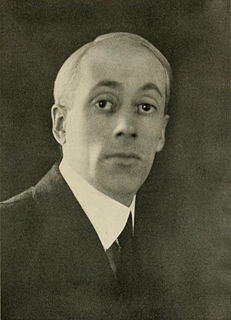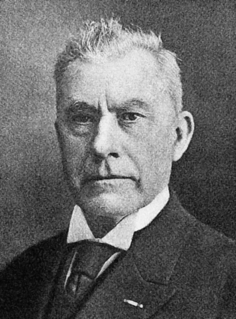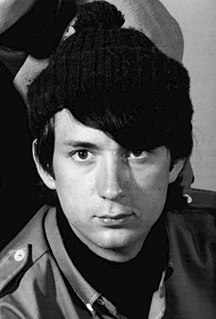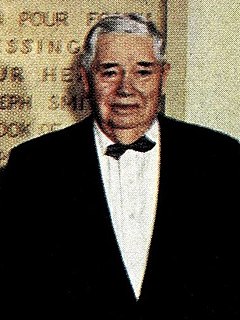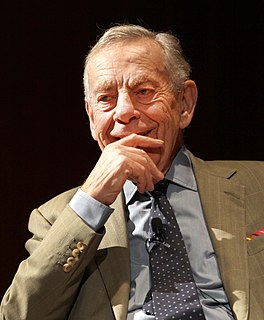A Quote by Francois Rabelais
I recognize in [my readers] a specific form and individual property, which our predecessors called Pantagruelism, by means of which they never take anything the wrong way that they know to stem from good, honest and loyal hearts.
Related Quotes
My own view is simply that there are some very basic rules; very simple rules that apply to all writing in a way, which is: don't lie; if you're wrong, correct; do not misrepresent; and try and keep oneself intellectually honest - which means, as a writer, the very difficult task in public of admitting you were wrong.
Correct is to recognize what diseases are and whence they come; which are long and which are short; which are mortal and which are not; which are in the process of changing into others; which are increasing and which are diminishing; which are major and which are minor; to treat the diseases that can be treated, but to recognize the ones that cannot be, and to know why they cannot be; by treating patients with the former, to give them the benefit of treatment as far as it is possible.
In its most primitive form, life is, therefore, no longer bound to the cell, the cell which possesses structure and which can be compared to a complex wheel-work, such as a watch which ceases to exist if it is stamped down in a mortar. No, in its primitive form life is like fire, like a flame borne by the living substance;-like a flame which appears in endless diversity and yet has specificity within it;-which can adopt the form of the organic world, of the lank grass-leaf and of the stem of the tree.
I have no concern with any economic criticisms of the communist system; I cannot inquire into whether the abolition of private property is expedient or advantageous. But I am able to recognize that the psychological premisses on which the system is based are an untenable illusion. In abolishing private property we deprive the human love of aggression of one of its instruments... but we have in no way altered the differences in power and influence which are misused by aggressiveness.
One year ago, on this occasion, I called your attention to the abuses that had crept into the distribution of our public funds, and I urged you and pleaded with you that, so far as the Church and its membership were concerned, we do not soil our hands with the bounteous outpouring of funds which the government was giving unto us. I renew that plea now. My brethren and sisters, for the sake of the government which we love, for the sake of the government which we believe was divinely inspired, be honest with it. Be honest, just ordinarily gold honest. That is all I ask.
It is not the right of property which is protected, but the right to property. Property, per se, has no rights; but the individual - the man - has three great rights, equally sacred from arbitrary interference: the right to his life, the right to his liberty, the right to his property The three rights are so bound together as to be essentially one right. To give a man his life but to deny him his liberty, is to take from him all that makes his life worth living. To give him his liberty but take from him the property which is the fruit and badge of his liberty is to still leave him a slave.
Meditation isn't just something we do to make ourselves more peaceful and to take some of the stress out of our lives. We do it because it's the only direct experience we can have of knowing God. Because God is that which is indivisible. Everything else in the universe, in the physical world, is divisible. Up and down, good and bad, right and wrong, male and female, and so on. But that which is indivisible in our physical experience is called silence. And when you get into silence, you're coming to know the indivisibleness of your life - and that's conscious contact.







